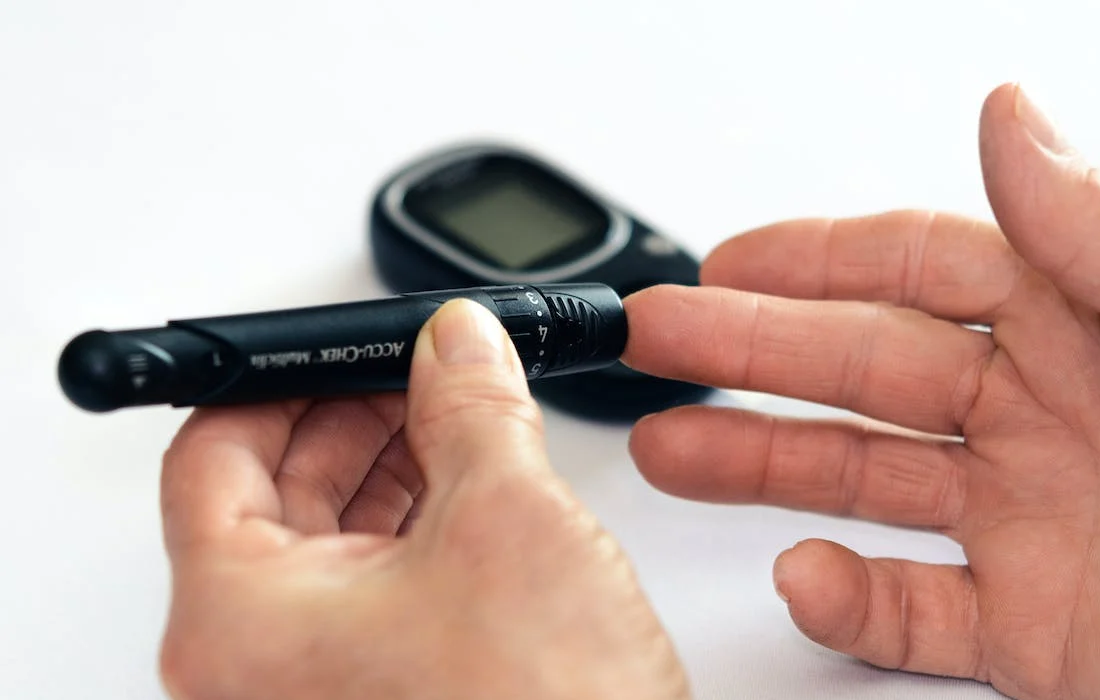Regenerative Medicine News and General Information
Stem Cell-Based Treatment Controls Blood Sugar in People with Type 1 Diabetes
An innovative stem cell-based treatment for Type 1 diabetes can meaningfully regulate blood glucose levels and reduce dependence on daily insulin injections, according to new clinical trial results from the University of British Columbia (UBC) and Vancouver Coastal Health (VCH).
The findings, published today in Nature Biotechnology, arise from a multicenter clinical trial for an experimental cell therapy developed by U.S. biotechnology company ViaCyte (acquired by Vertex Pharmaceuticals) that is being clinically tested in Canada.
The therapy aims to replace the insulin-producing beta cells that people with Type 1 diabetes lack.
Dubbed VC-02, the small medical implant contains millions of lab-grown pancreatic islet cells, including beta cells, that originate from a line of pluripotent stem cells.
The devices — approximately the size of a Band-Aid and no thicker than a credit card — are implanted just beneath a patient’s skin where it is hoped they will provide a steady, long-term regulated supply of self-sustaining insulin.
The clinical trial was conducted at Vancouver General Hospital, with additional sites in Belgium and the U.S. Ten participants, each of whom had no detectable insulin production at the start of the study, underwent surgery to receive up to 10 device implants each.
Six months later, three participants showed significant markers of insulin production and maintained those levels throughout the remainder of the year-long study.
These participants spent more time in an optimal blood glucose range and reduced their intake of externally administered insulin.
The results are the latest in a series of clinical trials funded by Canada’s Stem Cell Network and conducted by the UBC-VCH team.
The trials aim to accelerate the development and clinical testing of novel stem-cell based therapies for the 300,000 Canadians living with Type 1 diabetes.
Diabetes is estimated to cost the Canadian health-care system $29 billion annually.
Previously, in a 2021 study in Cell Stem Cell, the researchers were the first to show that the approach could produce insulin in the human body.
The latest trial sought to significantly increase the amount of insulin produced by leveraging two-to-three times more devices per participant, alongside an updated device design with small perforations to allow for blood vessel ingrowth — a feature aimed at improving survival of the lab-grown cells.
In another ongoing trial, the UBC-VCH team is investigating whether a version of the device containing cells that have been genetically engineered to evade the immune system, using CRISPR gene-editing technology, could eliminate the need for participants to take immunosuppressant drugs alongside the treatment.
Sources:
Bart Keymeulen, Kaat De Groot, Daniel Jacobs-Tulleneers-Thevissen, David M. Thompson, Melena D. Bellin, Evert J. Kroon, Mark Daniels, Richard Wang, Manasi Jaiman, Timothy J. Kieffer, Howard L. Foyt, Daniel Pipeleers. Encapsulated stem cell–derived β cells exert glucose control in patients with type 1 diabetes. Nature Biotechnology, 2023; DOI: 10.1038/s41587-023-02055-5
University of British Columbia. (2023, November 27). Stem cell-based treatment controls blood sugar in people with Type 1 diabetes. ScienceDaily. Retrieved November 27, 2023 from www.sciencedaily.com/releases/2023/11/231127132227.htm
Photo by PhotoMIX Company from Pexels: https://www.pexels.com/photo/person-holding-black-tube-1001897/

